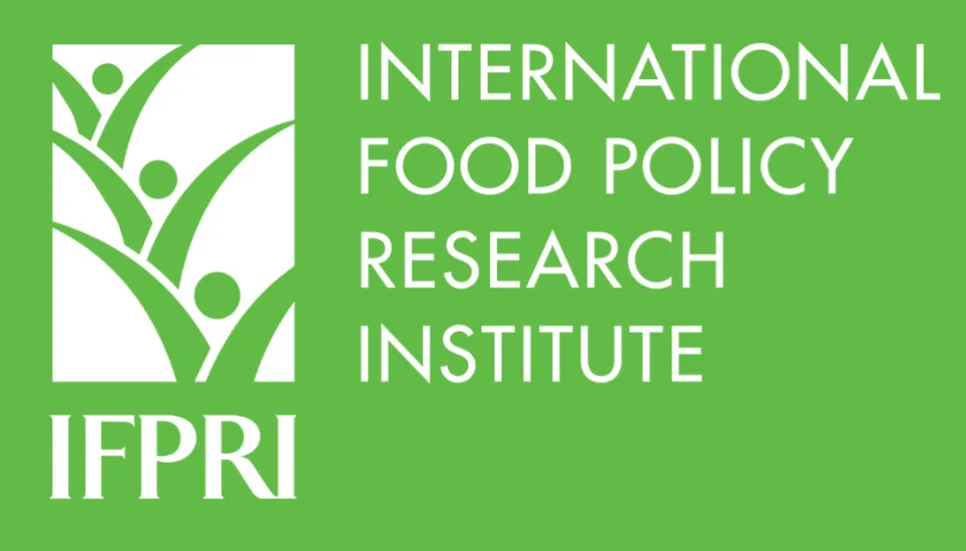
Many low-skilled workers in the private sector temporarily fell below the poverty line in 2015 after a 100 per cent increase in government employees’ pay, shows a study presented by Md Al-Hasan, an economist of the International Food Policy Research Institute (IFPRI).
Low-skilled workers of the private sector could not adapt to the new situation in the labor market, triggering the above mentioned situation. However, the government did not create the situation deliberately, the study adds.
Providing further explanation, Md Al-Hasan said, “As wages rise, so does the poverty line. In other words, the income level of many fell into the poor income category as everyone's wages did not rise at the same rate.
“If this level increases by 10 per cent, the poverty increases by 40 per cent.”
The researcher was presenting a paper at the Dhaka Winter Conference in Economics 2023 hosted by the Bangladesh Institute of Development Studies (BIDS) in the capital on Saturday.
The paper titled “Government Intervention and Inequality Creation: A Natural experiment” was co-authored by Mehrab Bakhtiar, IFPRI, Syed Abul Basher, East West University and Salim Rashid, East West University.
Al-Hasan stated, “Simulation or modeling has been conducted to understand the issue, to see what kind of impact temporary market price increase has on poverty. When the national budget is proposed in Bangladesh and the salary increase of the government employees is proposed, overall product prices jump by up to 10 per cent very quickly.
“Product prices increase in two ways. First of all, when the news of the salary hike of government employees spreads, the price of the commodity rises rapidly in the market. Second, if the budget proposal comes with news of a salary hike, commodity prices rise further.”
Al-Hasan added that even if the salary increases only for government employees, the pressure of increased commodity prices falls on everyone. But due to the low rate of increase in the wages of low-skilled workers in the private sector, many of these workers went below the poverty line due to the rise in commodity prices.
Providing examples, he said, “Between 2010 and 2017, wages for the country's most skilled private sector workers rose by 140 per cent, but wages for low-skilled workers increased by 90 per cent.
“In comparison, government employees’ wages rose by 130 per cent to 155 per cent in the same period.”
As the supply of high-skilled workers is low in the market, they can increase their wages, but because of the high supply of low-skilled workers, their wages do not increase as much, he pointed out at the programme.
Incentives, monitoring must to curb bribery
In a keynote speech on “Corruption and Incentives,” University of Washington’s Fahad Khalil said, “Properly designed incentives and honest monitoring through technology adaptation will reduce bribery and extortion in the public sector.
He added that incentives will encourage people to carry out tasks properly, and will help reduce extortion and bribery.
He argued that if honesty is encouraged it will act as the main tool in the fight against corruption. However, he mentioned that honest people do not require incentive to act according to rules.
The economist suggested an all-out effort instead of small changes to get momentum in the fight against corruption.
The conference was organised in collaboration with Bangladesh Economic Research Network (BERN) and the Association for Economic and Development Studies on Bangladesh (AEDSB).